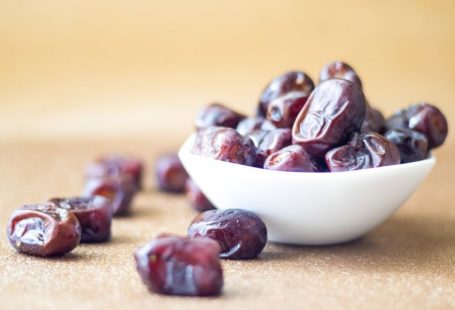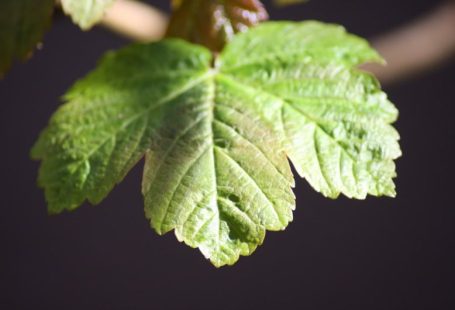Sugar has been a staple ingredient in our diets for centuries, but as concerns over health and the environment grow, the future of this sweet substance is undergoing a transformation. With a focus on innovation and sustainability, the sugar industry is evolving to meet the demands of a changing world. From alternative sweeteners to eco-friendly production methods, here is a look at the exciting developments shaping the future of sugar.
### The Rise of Alternative Sweeteners
As consumers become more health-conscious and seek alternatives to traditional sugar, the market for alternative sweeteners is expanding rapidly. Stevia, a plant-based sweetener that is many times sweeter than sugar, has gained popularity as a natural and low-calorie substitute. With growing concerns about the negative health effects of excessive sugar consumption, products sweetened with stevia are becoming increasingly common on supermarket shelves.
Another alternative sweetener making waves in the industry is monk fruit extract. Derived from a small, green gourd native to Southeast Asia, monk fruit extract is prized for its intense sweetness without the calories or negative effects on blood sugar levels. As demand for healthier sweeteners continues to rise, we can expect to see more products featuring monk fruit extract as a key ingredient.
### Sustainable Sugar Production
In addition to the shift towards alternative sweeteners, the sugar industry is also focusing on sustainability in production methods. Traditional sugar cultivation has been criticized for its environmental impact, including deforestation, water pollution, and greenhouse gas emissions. To address these concerns, sugar producers are implementing innovative practices to reduce their carbon footprint and minimize waste.
One such initiative is the use of precision agriculture techniques to optimize crop yields and minimize the use of fertilizers and pesticides. By leveraging technology such as drones, sensors, and data analytics, sugar farmers can monitor their fields with precision and make informed decisions to improve efficiency and sustainability.
### The Role of Biotechnology
Biotechnology is playing an increasingly important role in shaping the future of sugar production. Genetic engineering techniques are being used to develop sugar beet and sugarcane varieties that are more resilient to pests, diseases, and environmental stresses. By enhancing the genetic traits of these crops, researchers aim to increase yields, reduce the need for chemical inputs, and improve the overall sustainability of sugar production.
Furthermore, biotechnology is also being used to create novel sugar molecules with unique properties and functionalities. These designer sugars have applications in food, pharmaceuticals, and other industries, offering new opportunities for innovation and product development.
### Consumer Awareness and Transparency
As consumers become more informed about the impact of their food choices, transparency and ethical sourcing are becoming increasingly important in the sugar industry. Brands are under pressure to disclose information about their supply chains, production practices, and environmental impact to build trust with consumers who are seeking sustainable and ethical products.
To meet these demands, some sugar producers are investing in certifications such as Fair Trade and Organic to demonstrate their commitment to social responsibility and environmental stewardship. By providing consumers with clear information about the origins of their products and the practices used to produce them, brands can differentiate themselves in a competitive market and appeal to a growing segment of conscious consumers.
### A Sweet and Sustainable Future
In conclusion, the future of sugar is full of promise and innovation. From alternative sweeteners to sustainable production methods, the sugar industry is evolving to meet the changing needs of consumers and the planet. By embracing new technologies, adopting eco-friendly practices, and prioritizing transparency and ethical sourcing, sugar producers can pave the way for a sweet and sustainable future for this beloved ingredient.





